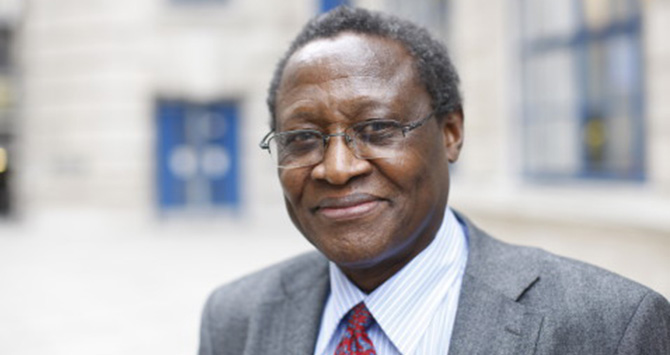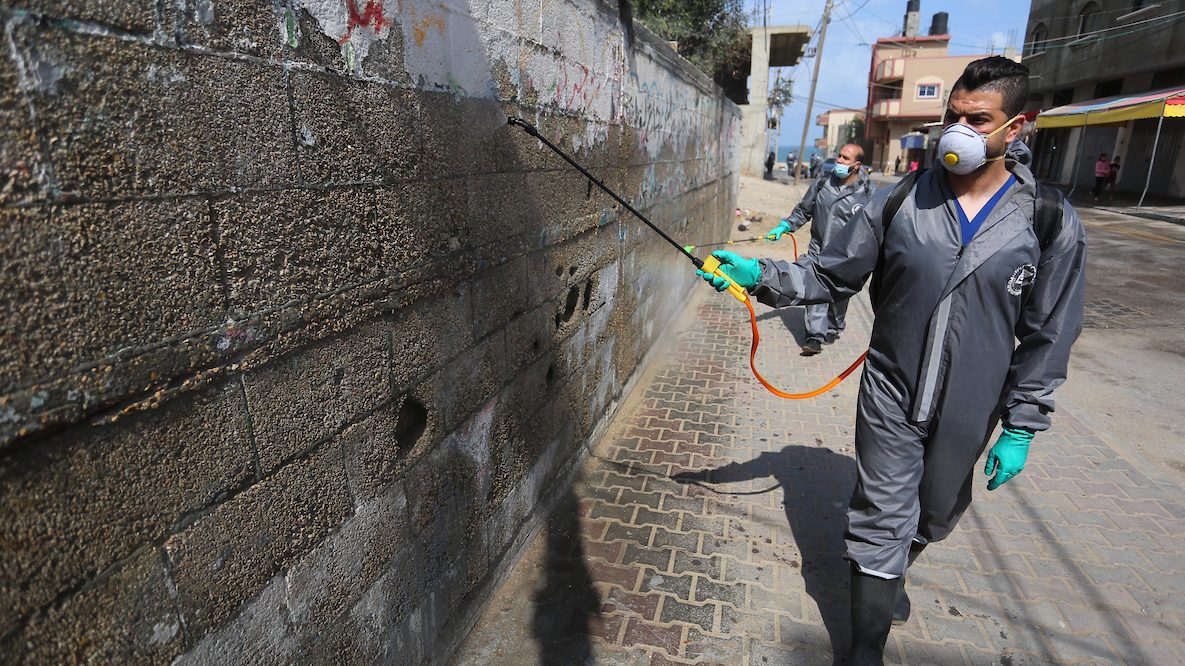MSc Anthropology and Development alum Adhvik Shetty looks at how the COVID-19 pandemic exposed Britain’s food insecurity crisis and argues that social protection policies are necessary to prevent those most vulnerable to economic shocks from facing hunger.
The percentage of households experiencing food insecurity in the UK more than doubled in the first two weeks of lockdown. Panic-buying disrupted food supply chains. Shielding prevented the most vulnerable from accessing supermarkets. Halting economic activity reduced the amount of money people had to spend on food. These supply, access, and economic problems meant that food banks in the capital experienced a 200 percent increase in demand for food parcels. Demand has persisted despite the easing of lockdown restrictions. Food banks risk becoming the ‘new normal’ in the UK.
Rising hunger in the world’s fifth largest economy has shattered any illusion of economic security and independence. The philosopher Judith Butler argued that precariousness instead defines the human condition; we are all vulnerable to a wide variety of existential shocks ranging from hunger to physical harm. We react to our individual precariousness by mutually creating protective social and economic institutions. For example, Thomas Hobbes famously wrote that humans pooled together their individual sovereignty to create the Great Leviathan of the state. The collective Leviathan shielded individuals from external danger and allowed them to escape the state of nature. But people are still hungry. The state of nature threatens to return. For the Leviathan to fulfil its Hobbesian promise, humans must pool together their individual resources to fund collective measures that ensure food security and prevent nasty, brutish, and short lives. Social protection (SP), a ‘set of policies and programmes aimed at preventing and protecting all people against poverty, vulnerability and social exclusion’, can provide such a measure. A growing body of evidence shows that SP supports the agricultural sector to increase food production, enables consumers to purchase more nutritious food, ensures access to essential services like healthcare, and allows people to stabilise their consumption in challenging times. The UK, for example, implemented a Job Retention Scheme to pay 80 percent of furloughed employees’ salaries, allowed workers to claim statutory sick pay from the first day of self-isolation, and briefly discounted meals in restaurants under the Eat Out to Help Out Scheme by 50 percent.
Precariousness and vulnerability, however, are not evenly distributed. While Butler used precariousness to describe our shared vulnerabilities, they used the term precarity to define populations that were more vulnerable than others. While the UK could institute a comprehensive set of SP policies to respond to the food insecurity levels triggered by the pandemic, many developing countries could not. These countries face a combination of informational, fiscal, and capacity constraints. Togo, for example, established a comprehensive SP system in the aftermath of the pandemic, but then ran out of money to distribute.
Precarity is spreading. Even developed economies have experienced deepening inequalities after the pandemic. For some, this proliferation of precarity signals the formation of a new precariat class facing especially precarious living conditions like food insecurity. “Today, the world is at a dangerous moment, in which coming out of COVID-19 (or at least hoping so), hundreds of millions of people are in or entering the precariat, the emerging class of people facing chronic insecurity and the prospect of a bits-and-pieces life of indebtedness, precarity and frustration,” said Guy Standing, a professorial research associate at the School of Oriental and African Studies. “It is the world of rentier capitalism, where more and more of the income and wealth is flowing to the owners of property. In an era of chronic uncertainty, we need to build a new income distribution system, one in which a basic income as an economic right for every individual man and woman must be provided, as an anchor of a multi-tiered social protection system. It is affordable, and it will increase work, not reduce it, while helping to re-orient the economy to a much more ecological system. No single policy can solve ‘food poverty’. But having a basic income goes a long way to helping do so, as we found in our pilots in Africa and India.”
For Standing, the path forward is clear. “We need every nation to set up Common Capital Funds from which the basic income could be paid out as dividends as the Fund grows,” he said, referencing his recent book. “Besides building them via eco-levies, the plutocrats of the world could contribute to some of those Funds, which should be transparent and have democratic mechanisms for redistributing income.” An SP system, like the basic income system that Standing proposes, could especially alleviate hunger if it puts food security at its heart by removing economic barriers to food and reducing dependence on stopgap measures like food banks. These systems will be crucial to ensure that everyone can reach their full potential and meet their basic needs when the next global shock occurs.
The views expressed in this post are those of the author and in no way reflect those of the International Development LSE blog or the London School of Economics and Political Science.
Photo credit: Gwydion M. Williams on Flickr.






The after effects of the pandemic as it affects food insecurity is largely not spoken enough, many more household are falling into poverty especially in developing countries. Another case-study would be Northern Nigeria(major suppliers of food items across Nigeria) where the effects of the pandemic has led to various forms of banditry and terrorism that has inhibited local farmers to fully engage in farm activities for the fear of loss of their lives as is been witnessed almost daily in some communities. This has led to increased prices more than double of goods worth before the pandemic and with many more becoming inactive and with little or no government support…poverty and starvation is spreading like widefire.
More insight can been gotten through this article that focus on the issue of global food security and covid 19.